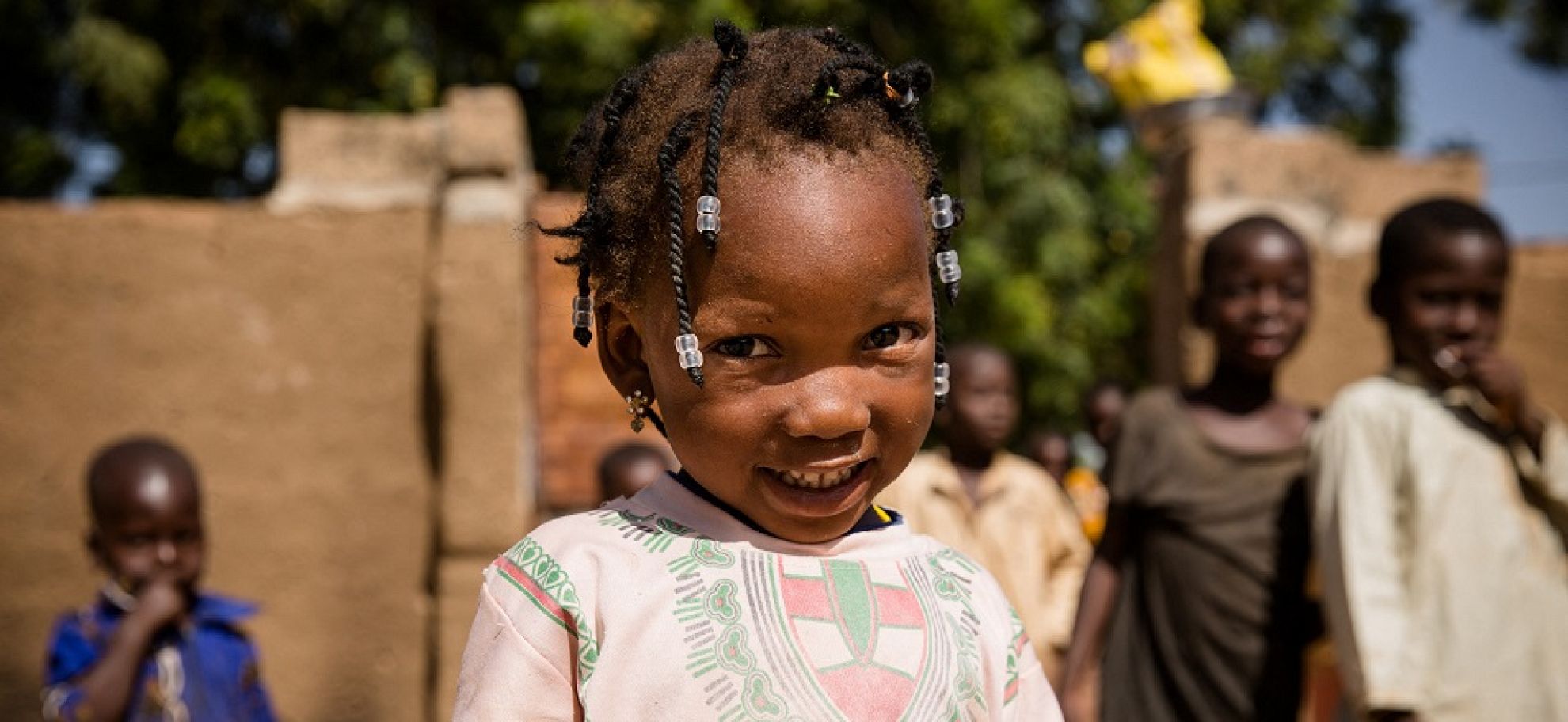
Al Jazeera Interview: James Tibenderana warns of consequences on malaria burden if funding is not secured in time
15 November 2017In this interview, Al Jazeera’s Julie McDonald speaks with Malaria Consortium’s Technical Director James Tibenderana on how seasonal malaria chemoprevention (SMC) is an effective method to prevent malaria in children under five in sub-Saharan Africa.
As part of the UNITAID funded ACCESS-SMC project, Malaria Consortium, in partnership with Catholic Relief Services, supported seven countries in 2015 and 2016 across the Sahel to roll out SMC to over 6.3 million children during the months of the rainy season, when malaria rates soar. Research carried out in collaboration with the London School of Hygiene and Tropical Medicine shows that this intervention was associated with an 89 percent reduction in malaria incidence, and has averted up to an estimated 40,000 deaths and 6.5 million cases of malaria.
Despite the high coverage achieved by the ACCESS-SMC project, many of the 34 million eligible children living in the Sahel did not receive SMC during the 2017 campaign due to limited funds. Moreover, the millions of children who were protected under ACCESS-SMC may now be at risk of contracting malaria next year as ACCESS-SMC countries struggle to secure additional funds for 2018. If by January 2018 funds are not secured, over 3 million children who were protected by SMC in 2017 will not receive the preventative treatment in 2018.
To read more about major strides the project has made against malaria, click here.
Country: Nigeria | Chad | Burkina Faso
Related content
6 February 2017
ACCESS-SMC Impact: Three years of SMC in the Sahel
1 August 2017The time to invest is now: fighting malaria in the Sahel
7 November 2017Seasonal malaria chemoprevention at scale: Saving lives
Latest news
- Malaria Consortium honoured by Ugandan government for contribution to combat malaria23rd April 2024
- International summit calls for AMR accountability in public health interventions21st March 2024
- Global SMC community celebrates new milestone at SMC Alliance Annual Meeting in Nigeria6th March 2024
- Scaling up key interventions could halve pneumonia-related childhood mortality13th February 2024
- Malaria Consortium and eGov Foundation join Mozambique’s national malaria programme to digitalise seasonal malaria chemoprevention campaigns8th February 2024
- World’s first malaria vaccine rollout launched in Cameroon22nd January 2024